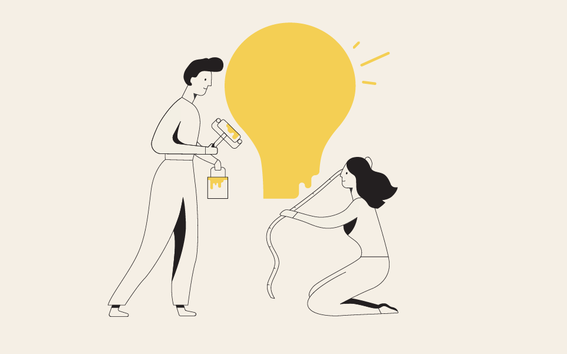Apply to Aalto Thesis Project: City of Espoo - Population growth as a possibility

THE PROJECT:
Espoo 2030–2050 – Population growth as a possibility
The Partner:
The City of Espoo, the second-largest city in Finland.
Background:
The City of Espoo is facing one of the Finnish cities’ fastest population growth. This demographic change has significant consequences to Espoo’s economy, city planning, construction, and nature. The estimated population growth by 2050 is minimum of 150,000 new citizens.
Espoo’s future urban structure is under discussion, and the sustainability, housing stock, transportation (note: Länsimetro and Raidejokeri have a significant impact), and services for an increased number of citizens are the core topics. Compact urban structure and accelerating existing housing stock is one option for the future when the other would be spreading out and building into natural areas. Economically, socially, and ecologically sustainable urban structure is strategically vital to Espoo.
In this project, the team could find solutions to both short- and long-term prospects of Espoo’s urban structure and urban economics in times of rapid increase of population.
Interesting questions:
-
How can we change the fact of population growth into a positive possibility for the city of Espoo?
-
What does a compact master plan mean economically?
-
Directing population growth into the existing urban structure:What kind of economic effects does this have?
-
How does the climate crisis affect the urban structure?
-
Compact urban structure and accelerating existing housing stock: What should be taken into account in terms of sustainability, services, and social diversity?
-
Is it sustainable to demolish and rebuild buildings?
-
What possibilities does the existing underused or disused office stock in business parks offer?
-
How to retrofit office buildings to residential?
-
How to transform business parks into real cities which live 24/7?
-
Can economic benefits be obtained whilst carbon emissions are reduced?
-
What locations in the city would lend themselves to this kind of transformation?
-
-
How does population growth affect transportation, e.g., public transportation, private cars, cyclists, and pedestrians? How people will travel and move in the future, and how to support the best solutions?
-
What is the meaning of nature in the future, and how to preserve it?
City of EspooWe expect new knowledge about the city and its functions, and novel ideas that we can use in various planning tasks.
Aptitude and competences:
Application is open for all Aalto University Master’s students. Suitable competences for the project could be the following areas:
-
Sustainability
-
Future studies
-
Urban and real estate economics
-
Transportation engineering and planning
-
Urban structure and planning
-
Business innovation
-
Ecological building
-
Population growth
-
Urbanisation
-
Landscape planning
Language of the project:
-
English
Size of the student team:
-
2 Master’s students from different fields
How to apply:
-
Application to the project Espoo 2030–2050 – Population growth as a possibility is open during 18.11.-1.12.2019.
-
You will find an application form to Aalto Thesis programmehere. Remember to write the name of the project to the form as well as ask for your supervisor’s permission to participate in the programme
-
The student selection is based on academic criteria and aptitude, and Aalto University is responsible for the selection process
The schedule:
-
The project will start with the orientation meeting with Aalto Thesis team in December 2019, following with a Kick-Off Meeting with City of Espoo on 16 December 2019 at 9:00-10:00
-
You are expected to work full-time for this project and finish your thesis within six months after the Kick-Off
Questions or problems?
-
Please contact Aalto Thesis Programme Manager Niina Pitkänen or Aalto Thesis Coordinator Silva Saulio!
Niina Pitkänen, Aalto Thesis Programme ManagerWe value challenge-based learning and multidisciplinary collaboration.
Aalto Thesis
Aalto Thesis is a project-based and multidisciplinary programme for making the master’s thesis as a part of the team with work-life collaboration. 2-4 students from various Aalto schools form a team, in which they solve work-life partner's challenges through thesis works.
The students selected for the programme will receive a tax-free grant worth of 5,000 € for living expenses during the thesis work. Read more about Aalto Thesis here.
We are here to help.
Read more news

Kielibuusti Project 2025–2028 Supports International Students and Staff at Aalto University
The Kielibuusti enhances opportunities for international students and staff to learn and use the Finnish language, and it supports the multilingual working practices within the Aalto community.
Design strengthens industrial competitiveness – human-centered factory work at the core
Factory work is undergoing a transformation: new technologies and artificial intelligence are changing the content and roles of work. Aalto University’s Department of Design is studying this change from a human-centered perspective in the HiFive project.School of Business students Kuura Koivisto, Rosa Pohjolainen and Juulia Turkkila were members of the Finnish Olympic team
‘Finland and Aalto University had a great representation at the Winter Olympics again,’ says Professor of Practice Sami Itani






